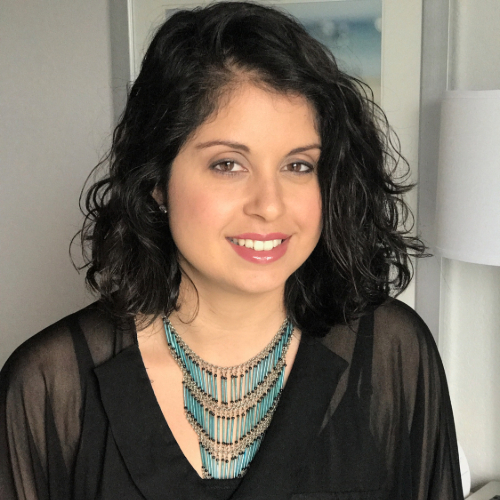What is Major Depressive Disorder?
Depression can change the way you feel, how you think, or even how you handle everyday activities. Even simple tasks such as getting out of bed or getting dressed can become overwhelming.
If you feel depressed, you might find it hard to stay interested in things you used to enjoy. This significant loss of interest can make it impossible to keep up with daily tasks and interfere with personal relationships and work.
It can strain relationships with family members and friends due to constant negativity and withdrawal. Individuals who are depressed experience more than just sadness; their depression tends to be so profound that it can start to shape their perception of the entire world.
Why am I depressed?
Moreover, it’s not uncommon for depression to run within families, hinting towards a genetic element. However, it’s important to know that having a family history of the condition doesn’t mean you’ll suffer from it. Environmental factors, like experiencing significant life changes, stress, or trauma, can also induce clinical depression.

What are the types of depression?
Major Depressive Disorder (MDD)
This is a prevalent form of depression. It affects approximately 8.3% of adults, according to theNational Institute of Mental Health (NIMH)This mental health condition significantly affects both physical and mental performance, making it the chief cause of disability in the United States.
Your doctor might diagnose you with major depression if you have five or more symptoms on most days for 2 weeks or longer. At least one of the symptoms must be a depressed mood or loss of interest in activities. Major depression looks different in different people. Depending on how your depression makes you feel, it could fall into three subtypes:
- Anxious – You feel tense and restless most days. You have trouble concentrating because you’re worried that something awful could happen, and you feel like you might lose control of yourself.
- Melancholy -You feel intensely sad and lose interest in the activities you used to enjoy. You feel bad even when good things happen.
- Agitated – You feel uneasy and irritable most of the time.
Postpartum depression
This is a type of depression that occurs after childbirth and can affect both men and women. Symptoms may include extreme sadness, low energy, anxiety, crying episodes, irritability, and changes in sleeping or eating patterns. Around one in seven women and one in ten men can develop postpartum depression.
While the exact cause of PPD is unclear, the cause is believed to be a combination of physical, emotional, genetic, and social factors. Some of these factors include hormonal changes and sleep deprivation.
While it’s common for women to go through a short period of anxiety or sadness after childbirth, it’s important to consider the possibility of postpartum depression when symptoms become intense and persist for more than two weeks.
Seasonal Affective Disorder (SAD)
SAD is another subtype of depressive disorders and is characterized by recurrent depressive symptoms that typically occur at the same time each year. This condition is often linked to seasonal changes in natural light exposure, most commonly from summer to winter. Common symptoms include excessive sleep, low energy levels, and increased food intake, with potential variations such as heightened anxiety in the summertime.
Persistent Depressive Disorder
Previously known as dysthymia or dysthymic disorder, describes a type of long-lasting mild to moderate depression. People with PDD experience a constant low or sad mood along with at least two other depression symptoms. These feelings stay with them most of the day, nearly every day, for an extended period. If you or someone you know is dealing with persistent feelings of sadness, it’s important to seek guidance from healthcare professionals.
Symptoms
- Disrupted sleep
- Mood swings
- Changes in weight
- Poor appetite or increase in appetite
- Difficulty in concentration
- Isolation
- Lack of interest
- Irritability
- Feelings of hopelessness and worthlessness
- Guilt
- Thoughts of self-harm
Depression can look very different from person to person, and the intensity of the symptoms may also vary. Experiencing every symptom is not necessary for diagnosing depression.
If you experience several of these signs and symptoms for at least a two-week period, you may have clinical depression. Seeing a mental health professional like a psychiatrist or therapist is usually needed to diagnose and create a treatment plan.




